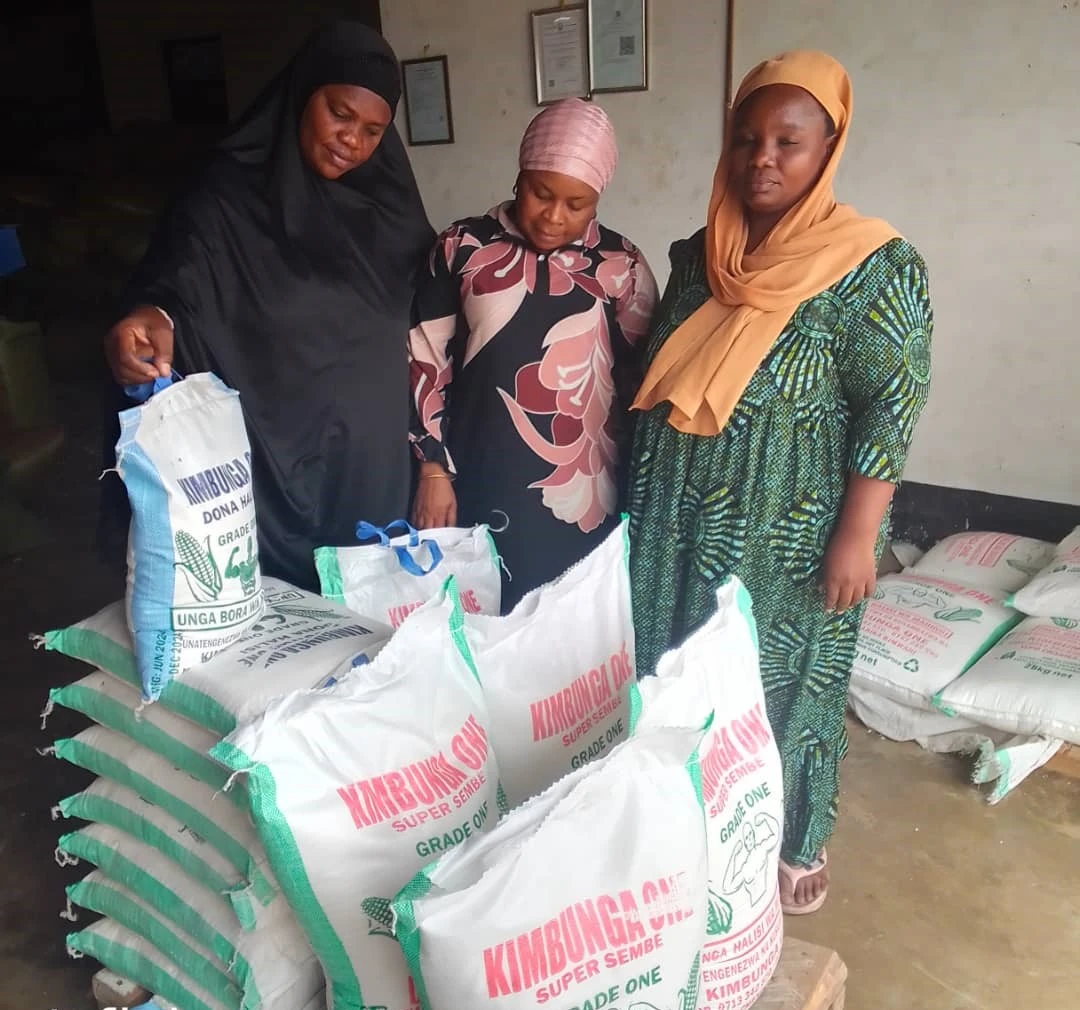Overcoming stigma: Association now empowers infertile women financially

THERE is still stigma against those who suffer infertility, and women are the ones mainly blamed. In most African countries women are often valued based on their ability to bear children. Infertile women may face stigma, discrimination, and marginalization, which can affect their self-esteem and social standing.
Economic empowerment helps reduce the reliance on traditional roles and demonstrates that a woman’s worth is not tied to her fertility. When infertile women are economically independent, they gain more respect, status in their communities.
Financial independence offers women the freedom to make their own choices, control their finances, and support themselves.
A 2023 World Health Organization (WHO) report reveals that about 17.5 percent of the global adult population—roughly 1 in 6 people experience infertility. The statistics underscores the urgent need for increased access to affordable and high-quality fertility care.
The Association of Infertility Tanzania has introduced a special lending program to help infertile women secure capital loans to start businesses. The initiative aims to improve livelihoods, reduce stigma, and empower women to support themselves and their families.
Kassimu Pazzi, the Association’s Deputy Secretary, told The Guardian that their efforts are dedicated to tackle the challenges faced by infertile women in the community.
“We introduced this lending programme after we observed that infertile women experience severe social stigma, with little to no support from their communities,” Pazzi explained, noting that most of them face difficult circumstances, having been abandoned by their husbands, left with no resources following divorce, or even arrested and imprisoned for child theft.
Some women are physically abused, suffering broken jaws and ribs, while others have tragically lost their lives or endured inhumane treatment, such as being forced to carry a dog on their backs as if it was a child.
He said they have so far managed to form 10 groups comprising 50 members from different parts of Dar es Salaam Region although the association has 469 members from Dodoma, Singida, Mwanza and Morogoro regions.
Group members receive capital from the association along with training in entrepreneurship, financial management, business operations, and human rights. The association provides funds amounting to 1.2m/- per group of five members.
Pazzi praised the Merck Foundation for its support of US $5,000 which has enabled the association to provide capital loans to a number of infertile women, thus helping them improve their livelihoods through establishment of small businesses like poultry farming, grain trading, and maize flour milling.
He however stressed the need for further funding as demand remains high, appealing to the community to treat infertile women with dignity and respect.
Infertile women suffer from anxiety, depression, loneliness, and low self-esteem due to societal discrimination, he added.
According to Pazzi, 90 percent of babies stolen from homes and hospitals are taken by infertile women hoping to satisfy the expectations of their husbands and families.
Pazzi said the association has made various efforts to assist women who are imprisoned due to child theft, noting they are in talks with the Regional Prison Office in Dar es Salaam and the German government to see how they can meet imprisoned women convicted of baby theft.
He said the meeting would help authorities to understand the root causes of their actions, thus coming up with solutions.
In addition, the association has submitted a letter to the Tanzanian Commission for Human Rights and Good Governance (CHRAGG), advocating for the rights of infertile women and men.
CHRAGG has agreed to work with the association and conduct a nationwide survey on rights violations related to infertility, he said.
Pazzi also called on donors to support both women and men in obtaining medical tests to confirm infertility, as the costs of procedures like In-Vitro Fertilization (IVF) are prohibitively expensive for many of them, most of whom come from low-income families.
Infertility, defined as the inability to conceive after 12 months of regular unprotected intercourse, can cause significant emotional distress, stigma, and financial hardship.
Despite the scale of the problem, infertility treatments, including IVF, remain underfunded and inaccessible, with many people paying out of pocket for fertility care. This situation is especially dire in poorer countries, where people often spend a larger portion of their income on fertility treatments than in wealthier countries, exacerbating their financial difficulties.
Dr Bernadetha Rushahu, a Lecturer and professional counsellor from the University of Dar es Salaam, emphasized the need for communities to stop harmful traditional practices that violate human rights, such as forcing women to carry dogs as if they were children.
She advises infertile men and women to visit hospitals for fertility testing and counselling as well as adopting healthy lifestyles through balanced diets and appropriate medical care.
Communities must also be educated on causes and effects of infertility, and the dangers of stigmatization, a move which will help to improve people’s understanding of infertility issues and ultimately break the stigma of infertility.
Top Headlines
© 2024 IPPMEDIA.COM. ALL RIGHTS RESERVED

























